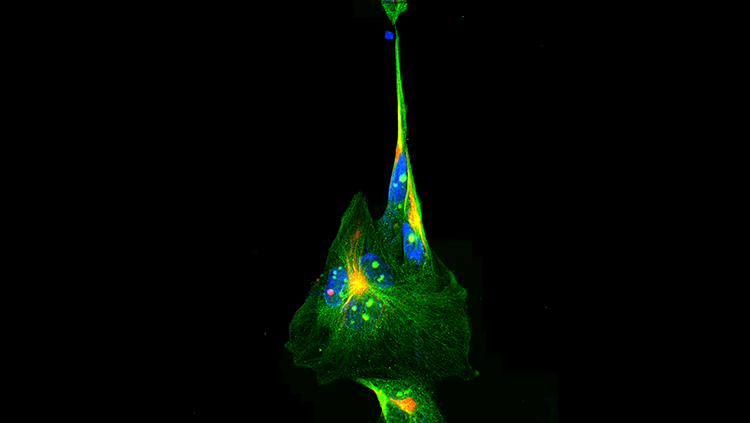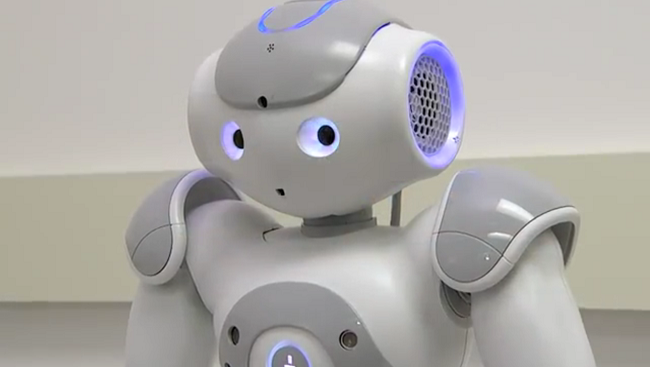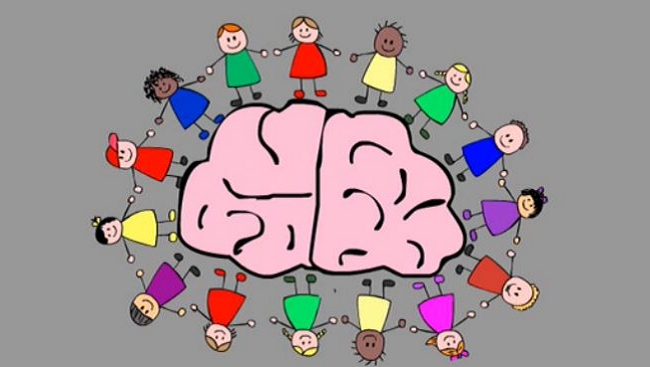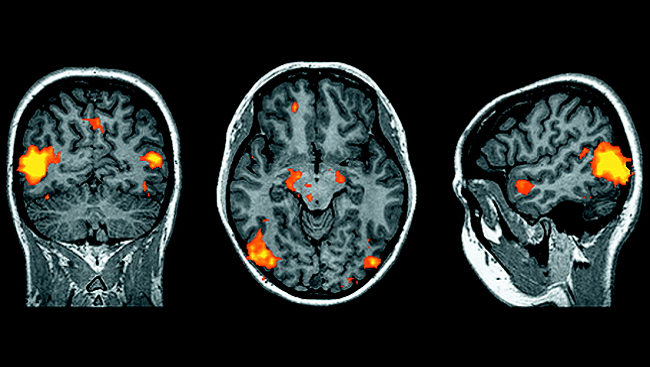What is Neuroethics?
- Published1 Apr 2012
- Reviewed1 Apr 2012
- Source BrainFacts/SfN
Breaking a confidence. Going along to get along. Telling a white lie to protect a friend. Everyone faces ethical dilemmas — in school, at home, and nearly everywhere in everyday life. Neuroscientists are no different.
With tremendous advances in the field, scientists and nonscientists alike have sensed a critical turning point. Advancing knowledge about how the brain controls normal behavior; how injury, drugs, or disease affect it; and how diagnoses and treatments could change brain function raises serious and novel ethical questions.
For example, some recent brain imaging studies have sought to define the processes responsible for phenomena such as deception. The post-9/11 era has created much interest in lie detection equipment that could be used to screen airline passengers for security purposes. Is the technology accurate enough to provide useful data upon which to base decisions? How should privacy be balanced with security? Pursuing these lines of scientific inquiry in a responsible way requires neuroscientists to examine how what they do affects the world beyond the laboratory or clinic.
This kind of questioning makes up a field known as neuroethics. Scientists and ethicists are beginning to reflect on the implications of neuroscience in areas of behavioral research, such as moral reasoning and decision-making, as well as the implications of new neuroscience technologies, including brain scanning, brain stimulation, and pharmaceuticals, which can manipulate cognition. While many questions and methods within neuroethics are similar to those in biomedical ethics, neuroethics deals with brain-specific issues that touch no other area of science — our sense of self, our personalities, and our behavior. Furthermore, brain science is developing interventions that can change the way our brains function. Neuroethics links the science — what we can do — with the question of what we should do, which is guided by individual and shared value systems.
Neuroethics is the subject of a growing body of literature and an increasing number of meetings and conferences that have attracted a wide range of thinkers, students, basic and clinical neuroscientists, economists, philosophers, journalists, sociologists, lawyers, judges, and others.
CONTENT PROVIDED BY
BrainFacts/SfN
Also In Archives
Trending
Popular articles on BrainFacts.org

















